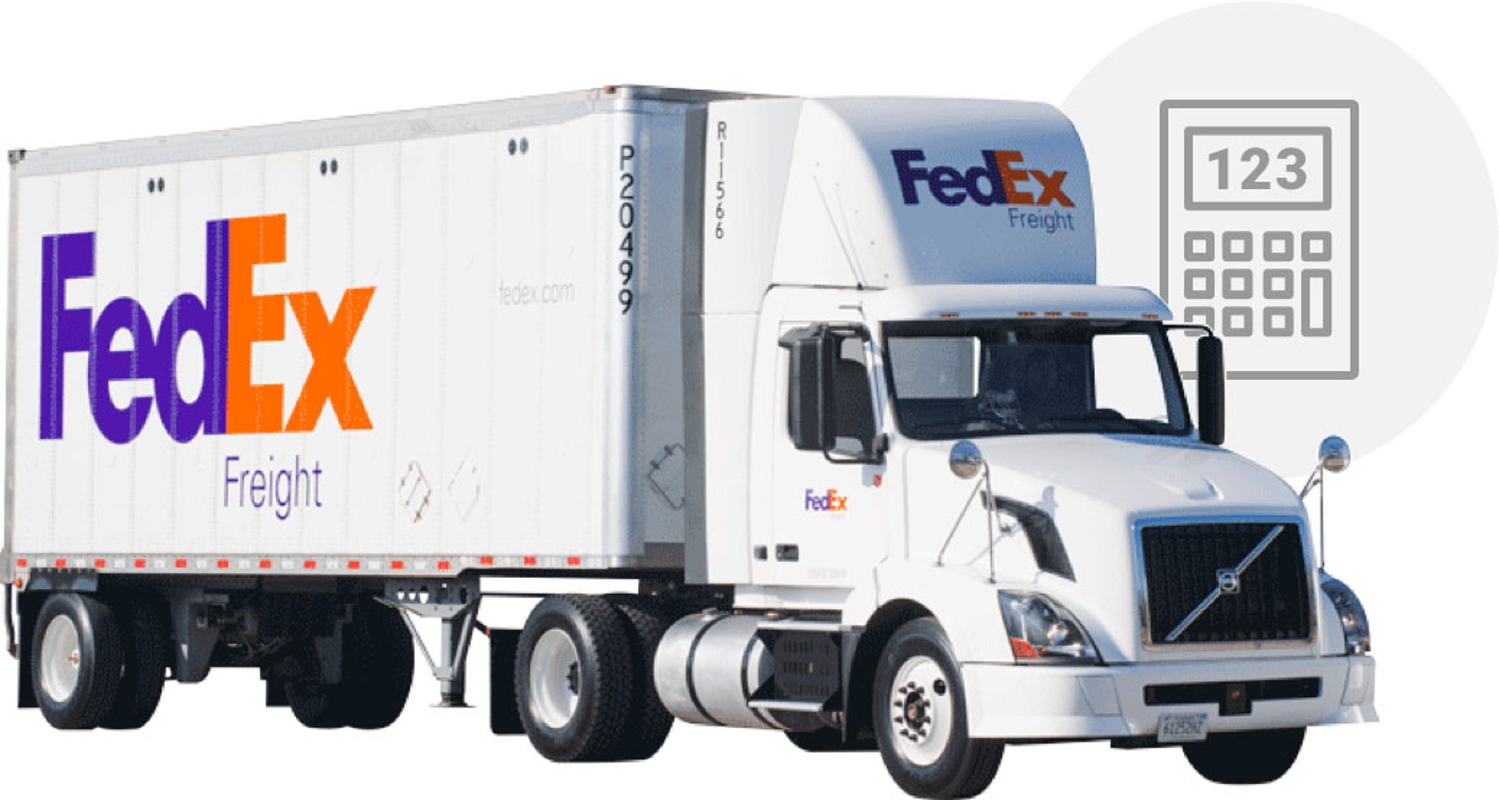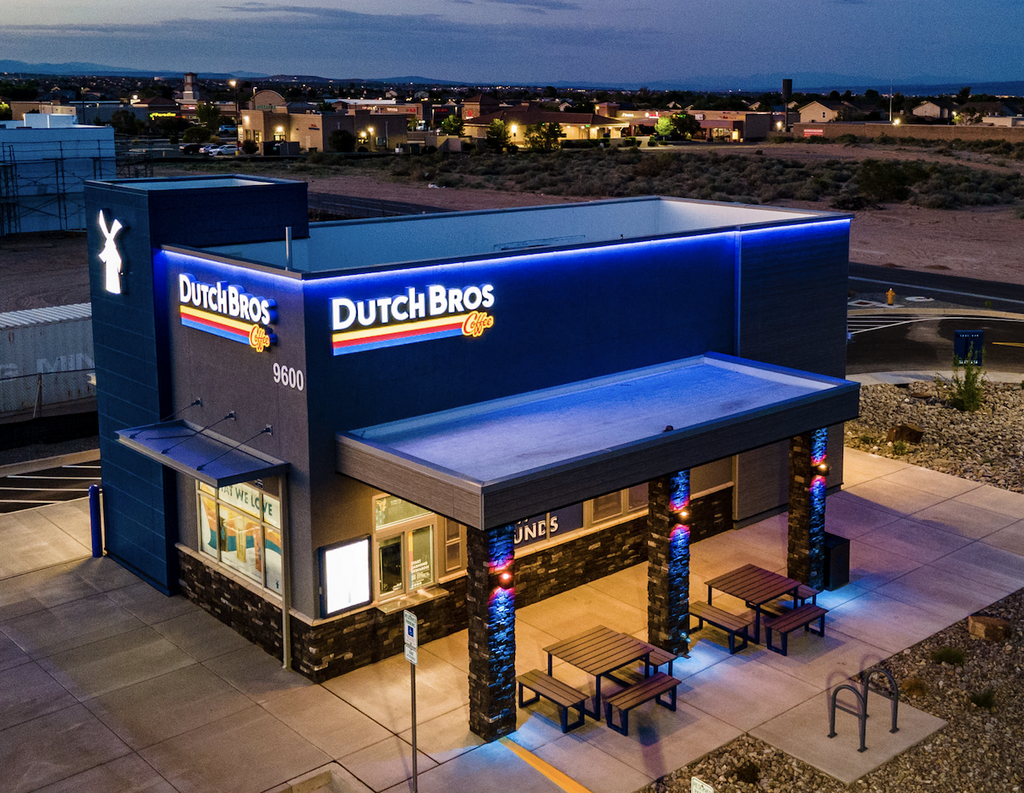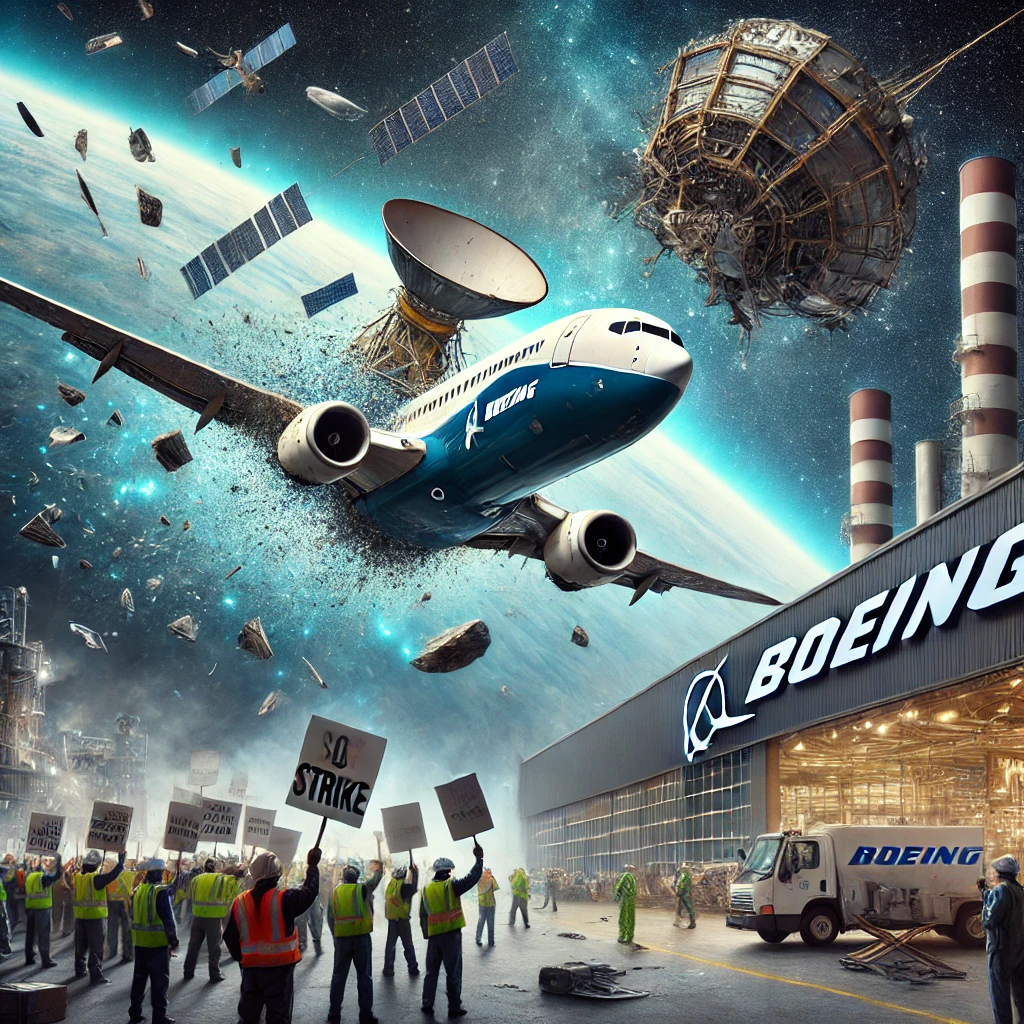
Boeing’s cascade of challenges seems never-ending, with the latest catastrophe involving the unexplained breakup of the Intelsat IS-33e satellite in geostationary orbit over the weekend. This satellite, part of Boeing’s ambitious EpicNG platform, was providing broadband services to Europe, Africa, and Asia before an “anomaly” caused it to shatter into at least 20 tracked pieces of debris. Some reports suggest there are as many as 57 fragments, raising alarm over the ever-growing threat of space debris and potential future collisions.
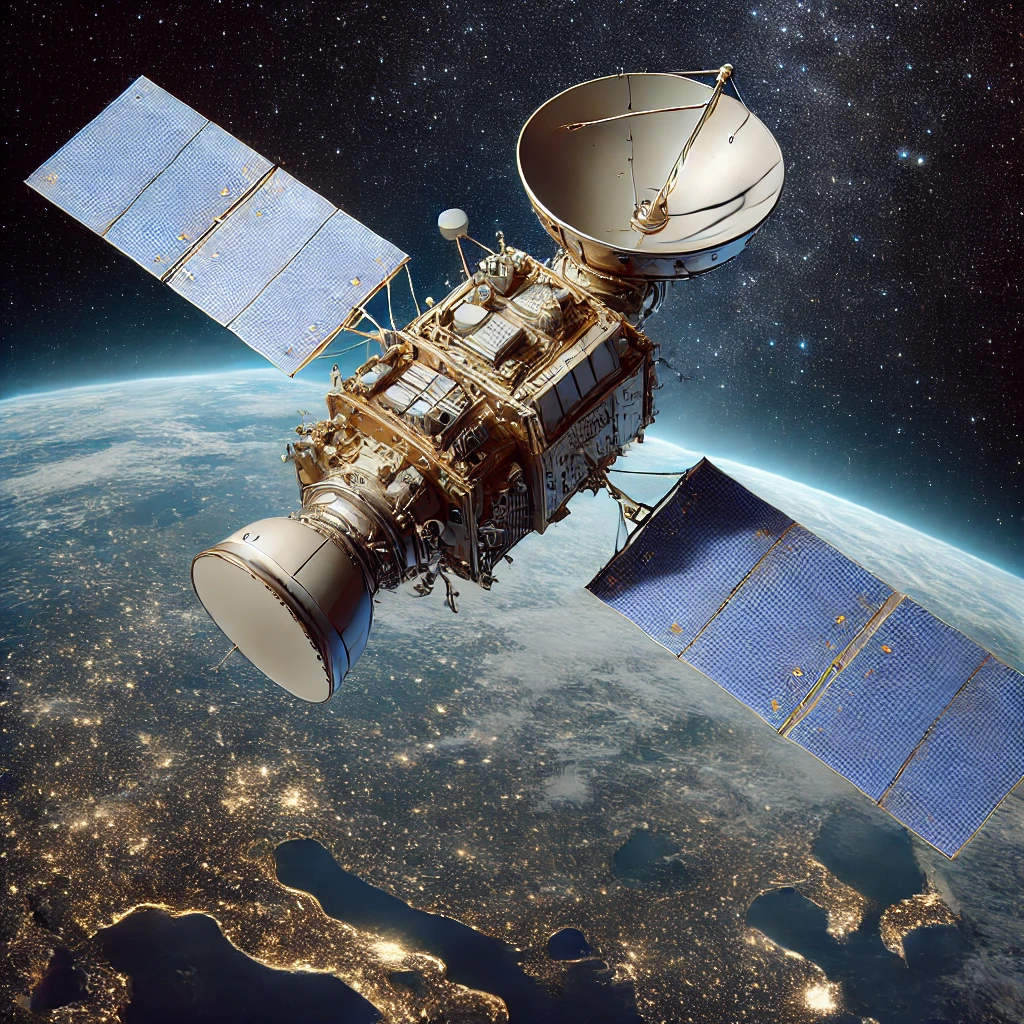
This is not the first Boeing-manufactured satellite to fail. IS-33e was the second in the EpicNG series, following the loss of IS-29e in 2019 due to a propulsion system fuel leak, which Boeing attributed to a micrometeoroid strike or solar weather. These satellite failures are just one aspect of Boeing’s increasing troubles.
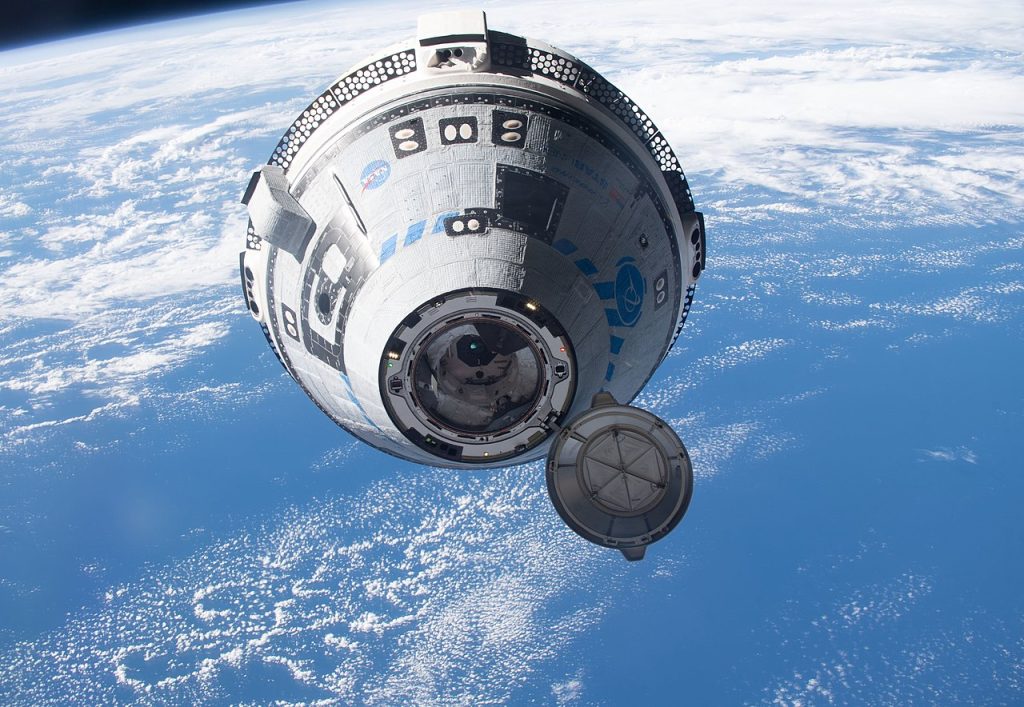
In space, Boeing has faced even more public embarrassment with its Starliner spacecraft. Designed as part of NASA’s Commercial Crew Program, Starliner has repeatedly missed the mark. Most recently, the spacecraft failed to transport astronauts back from the International Space Station (ISS). Initially, Boeing aimed to challenge SpaceX’s Dragon capsule, but safety concerns, software glitches, and engineering setbacks have delayed the Starliner project, leaving NASA and SpaceX as the go-to partnership for crewed missions. Boeing’s inability to deliver astronauts safely is yet another blow to its credibility in the space sector.
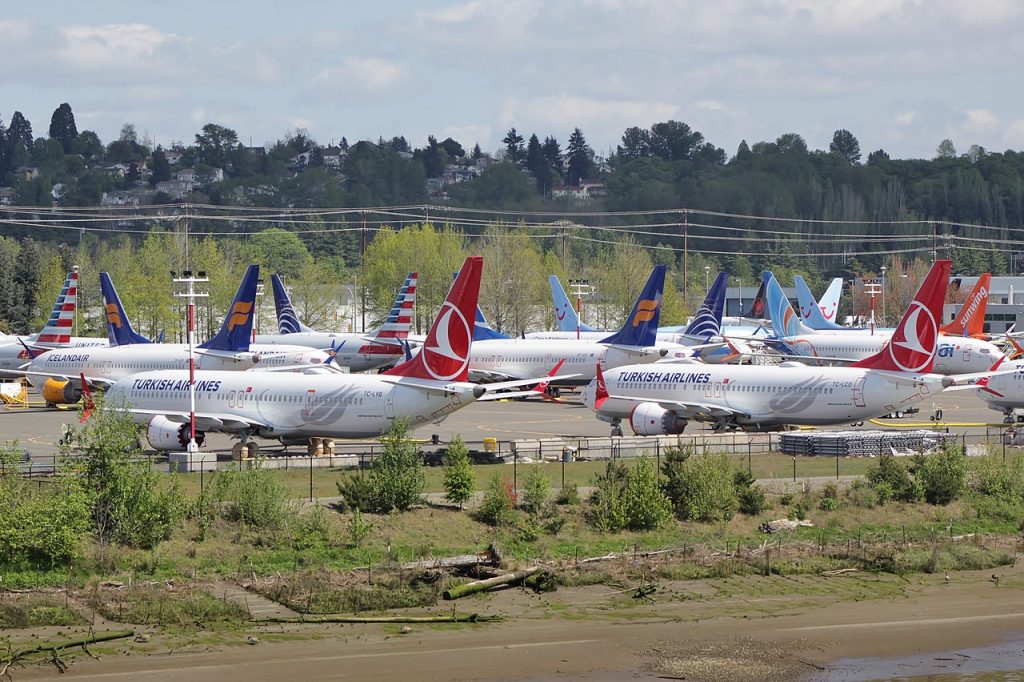
Back on Earth, Boeing’s aviation division isn’t faring much better. A recent engine failure on a Boeing 737 mid-flight forced an Alaska Airlines plane to turn around, while another aircraft suffered a door panel detachment during flight. These incidents have only fueled growing concerns over Boeing’s commitment to safety, especially in light of the company’s struggles to rebuild trust after the 737 Max disasters.
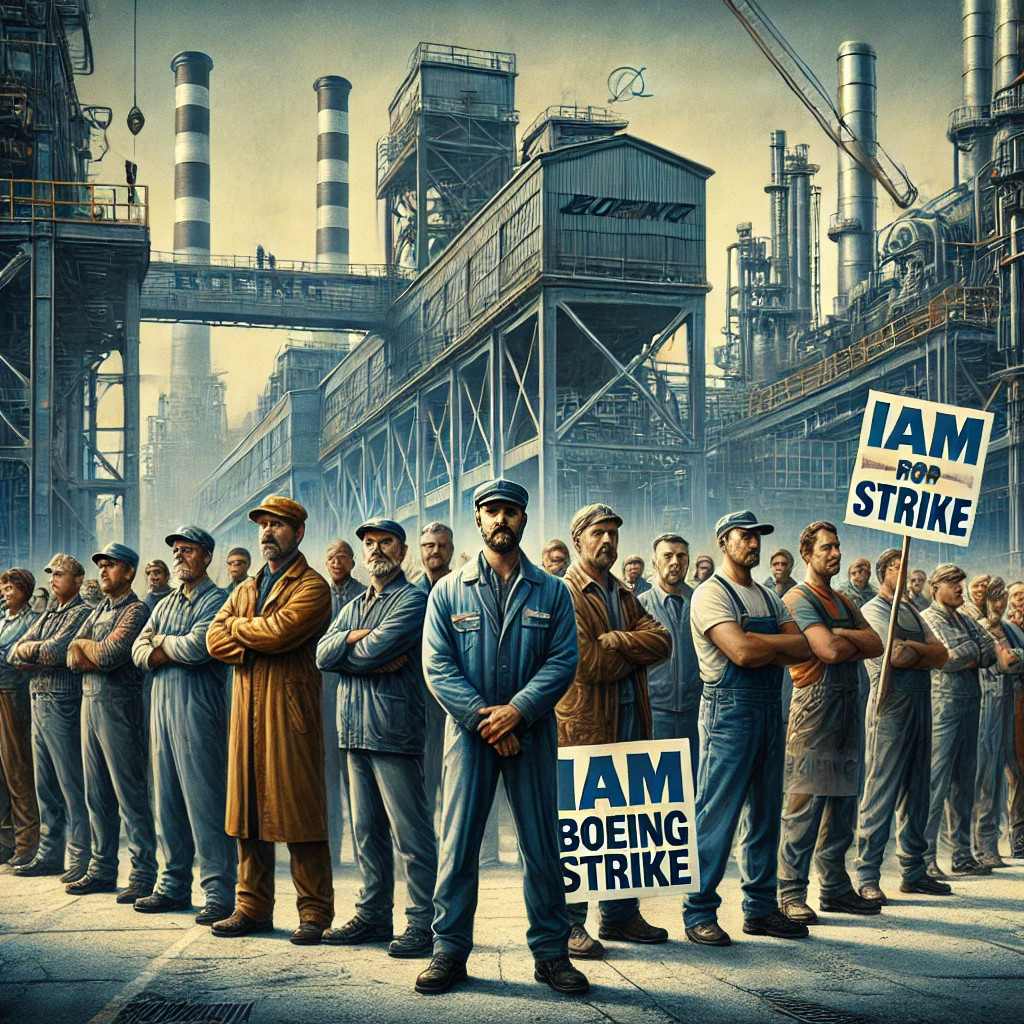
Adding to the company’s woes is a massive worker strike. Over 30,000 Boeing factory employees, members of the International Association of Machinists and Aerospace Workers (IAM), are currently striking, demanding higher wages, better job security, and improved benefits. The strike, which has lasted 19 days, has hit Boeing’s Puget Sound facilities, a critical manufacturing hub. With Boeing cutting off healthcare benefits for workers, the dispute has a vote scheduled on the latest Boeing pay raise offer.
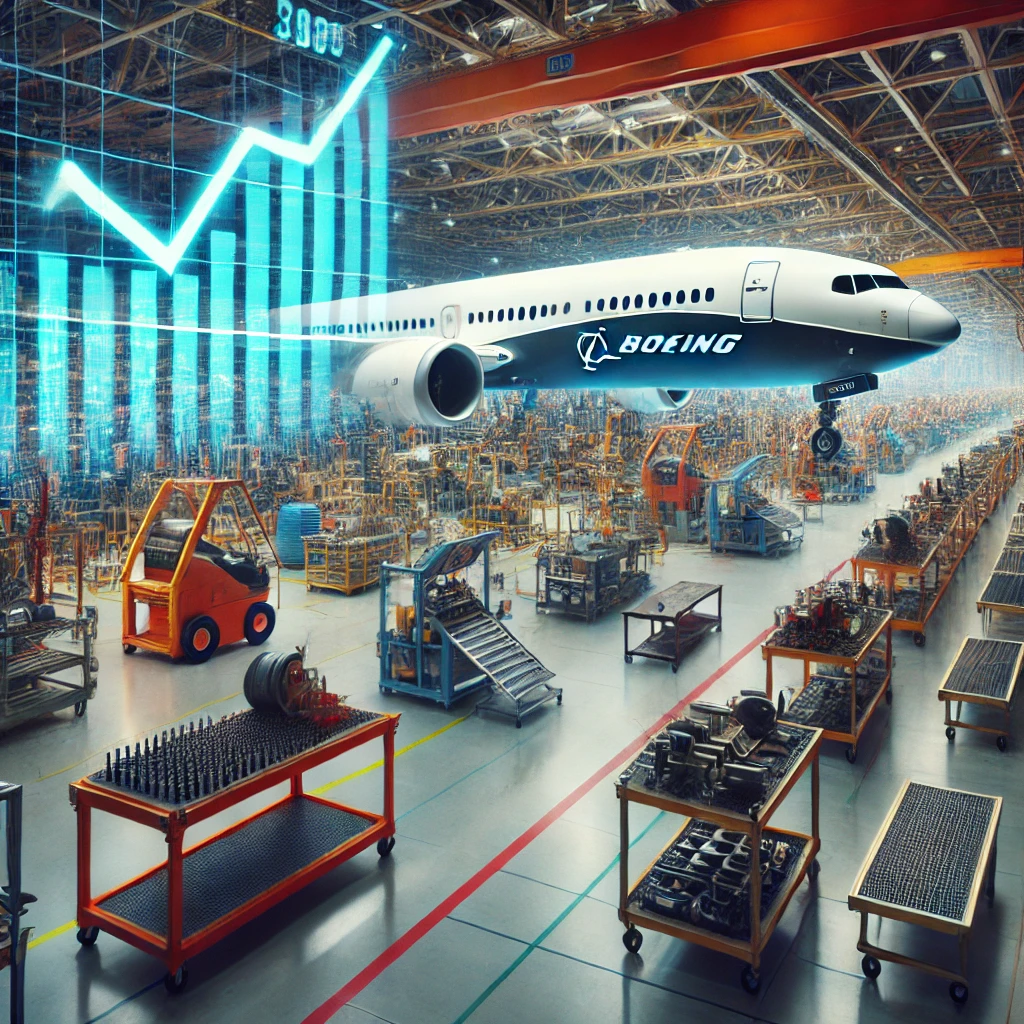
Compounding these operational setbacks is Boeing’s towering financial burden, with the company carrying over $54 billion in debt. Its inability to resolve ongoing labor disputes, failures in both space and aviation, and continued safety concerns are putting Boeing in an increasingly precarious position.
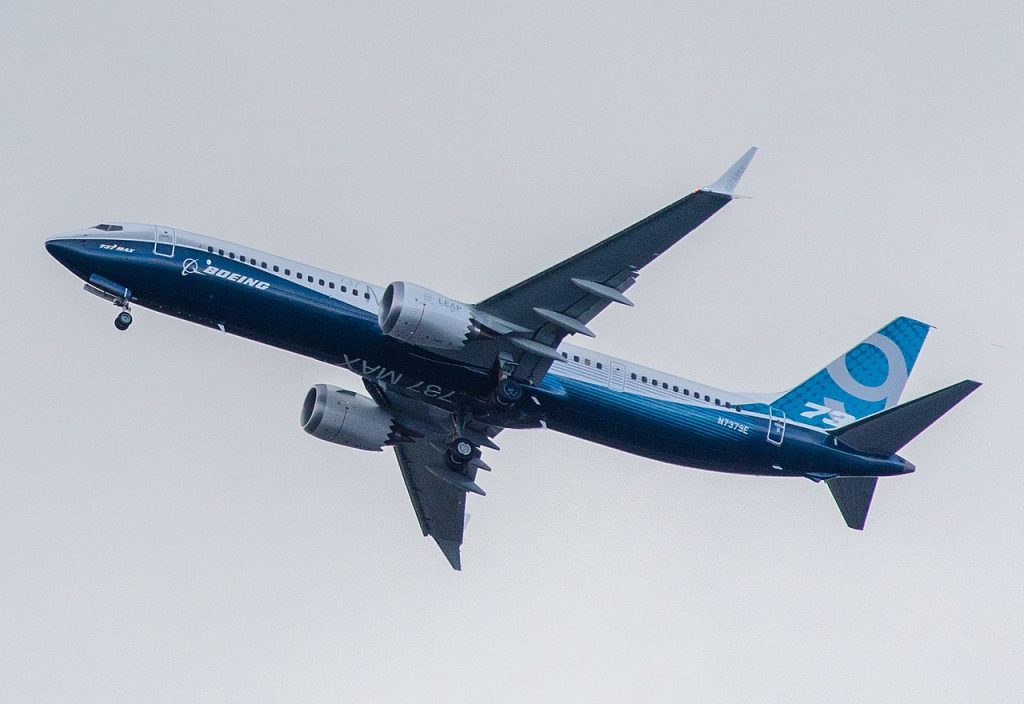
Boeing’s recent run of failures—from satellite explosions to Starliner’s inability to fulfill its mission—highlight just how many fronts the company is struggling on. And with a worker strike still unresolved, it seems like Boeing just can’t catch a break. How all of this affects the companies stock remains to be seen, but it certainly isn’t good news.

